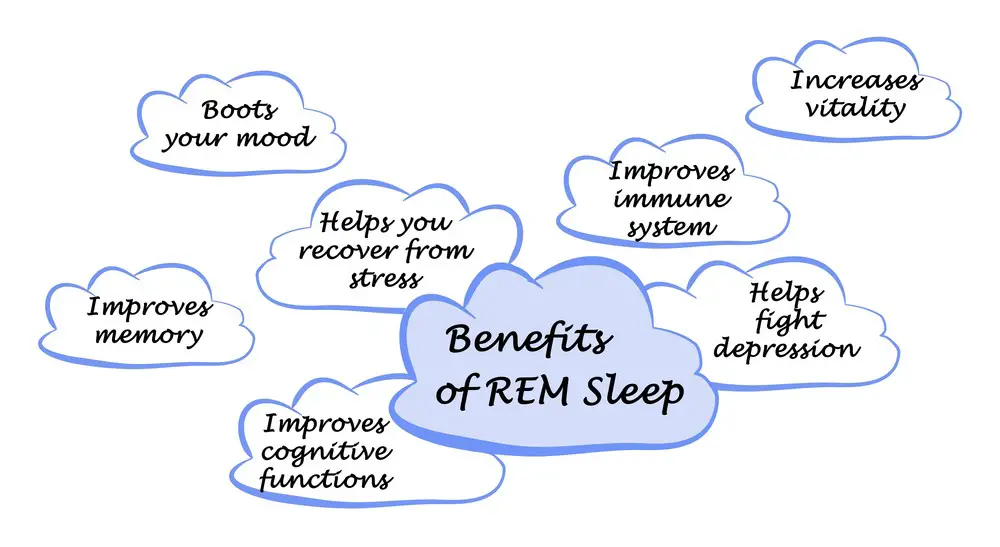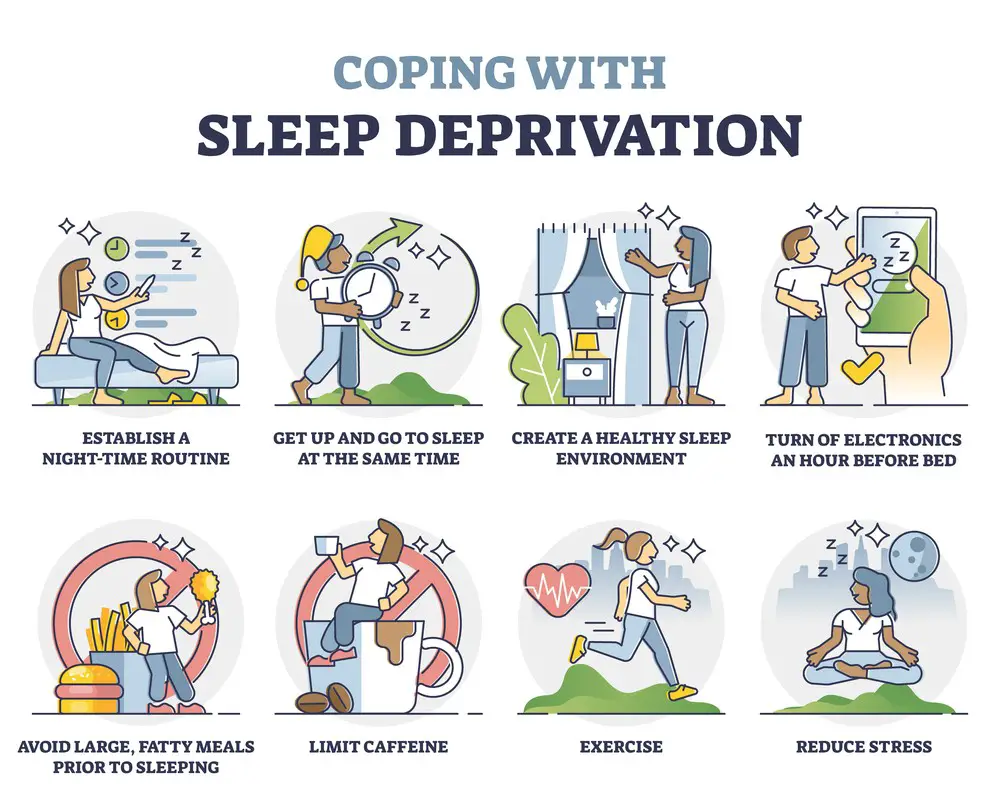As a BetterHelp affiliate, we receive compensation from BetterHelp if you purchase products or services through the links provided
Stress is now practically a given in day-to-day existence. However, few realize the profound impact that one’s sleeping environment, particularly the choice of mattress, can have on reducing stress levels. A good night’s sleep is not just about closing your eyes and hoping for the best; it’s about giving your body the support and comfort to relax and rejuvenate fully. In this blog, we’ll explore 7 ways choosing the right mattress can significantly minimize your daily stress, helping you wake up refreshed and ready to tackle the day’s challenges with a calm mind and a rested body.

1. Proper Spinal Alignment: A Foundation for Stress Reduction
Ensuring proper spinal alignment is one of the most critical factors in reducing stress through improved sleep quality. The team behind Somnuz says that a mattress that correctly supports your body helps maintain its natural curvature, preventing back pain and discomfort, which can significantly contribute to stress. When your spine is not adequately supported, your muscles must work harder to find a comfortable position, leading to tension and uneasiness throughout the night.
2. The Impact of Sleep Quality on Daily Stress Levels

Good sleep quality goes beyond mere duration, encompassing uninterrupted sleep cycles and deep rest that allows the body and mind to recover from daily tensions. Research shows a direct correlation between sleep quality and stress levels; poor sleep can exacerbate stress, creating a vicious cycle that can impact mental health. A mattress that ensures comfort and minimizes disturbances during the night plays a crucial role in breaking this cycle.
3. Finding Your Comfort Zone
Comfort is vital in reducing stress through better sleep. Everyone’s ideal mattress differs in firmness, material, and support. Some may find a memory foam mattress that molds to the body’s shape provides the ultimate comfort, while others might prefer the firmness and bounce of innerspring mattresses. When selecting a mattress, one must consider personal preferences and specific needs for back support, pressure relief, and temperature regulation. Testing various types can help you identify what feels best for your body, ensuring your mattress is a sanctuary for relaxation and not a source of additional stress.
4. Temperature Regulation: A Key to Comfortable Sleep
One often overlooked aspect of selecting the right mattress involves temperature regulation, which can profoundly affect sleep quality and, by extension, stress levels. A mattress that retains excessive heat can lead to discomfort, frequent awakenings, and difficulty falling asleep, contributing to a night of restless sleep. In contrast, mattresses designed with temperature control in mind use materials that promote airflow and breathability, helping maintain a neutral sleeping temperature throughout the night.
5. Motion Isolation
One aspect that can dramatically affect both sleep quality and stress levels, particularly for those sharing a bed, is motion isolation. When a mattress lacks adequate motion isolation, movements from one side of the bed can transfer across the entire surface, potentially disrupting the other person’s sleep. This can lead to a night filled with interruptions and a morning when both parties feel tired and stressed. A mattress designed with superior motion isolation ensures that movements are contained, allowing both individuals to sleep undisturbed throughout the night.
6. Allergen Control
Allergen control is another critical aspect of choosing the right mattress to minimize daily stress. Mattresses can often become breeding grounds for dust mites, pet dander, and other allergens, triggering allergies, asthma, and other respiratory issues, significantly impacting sleep quality and stress levels.
Opting for a mattress made from hypoallergenic materials can help reduce the risk of allergic reactions and ensure a cleaner, healthier sleep environment. Materials like natural latex, certain foams, and fabrics treated to resist allergens contribute to a more restful night’s sleep and support overall health by minimizing exposure to irritants that can disrupt sleep and elevate stress.
7. Investing in Your Well-Being

Choosing the right mattress is an investment in your overall well-being. It’s not merely a purchase but a commitment to enhancing the quality of your sleep and, by extension, your life. Sleep is the foundation upon which all aspects of health rest – from physical to mental to emotional balance. Investing in a mattress that suits your specific needs ensures that every night is an opportunity for your body to heal, restore, and rejuvenate. This investment transcends the financial aspect, rewarding you with improved focus, energy, and resilience in the face of daily stressors.
In conclusion, the right mattress can make a difference in minimizing daily stress levels. From proper spinal alignment to comfort, temperature regulation, and allergen control, every aspect is crucial in promoting quality sleep and reducing stress. Don’t underestimate your mattress choice’s impact on your overall well-being; prioritize it as an essential component of healthy living.
This site contains affiliate links to products. We will receive a commission for purchases made through these links.



